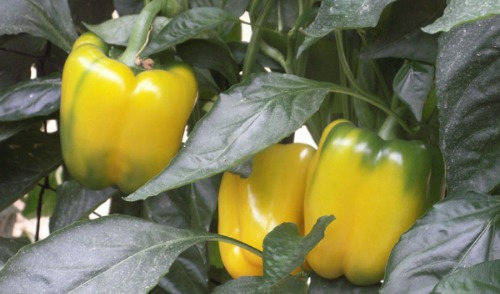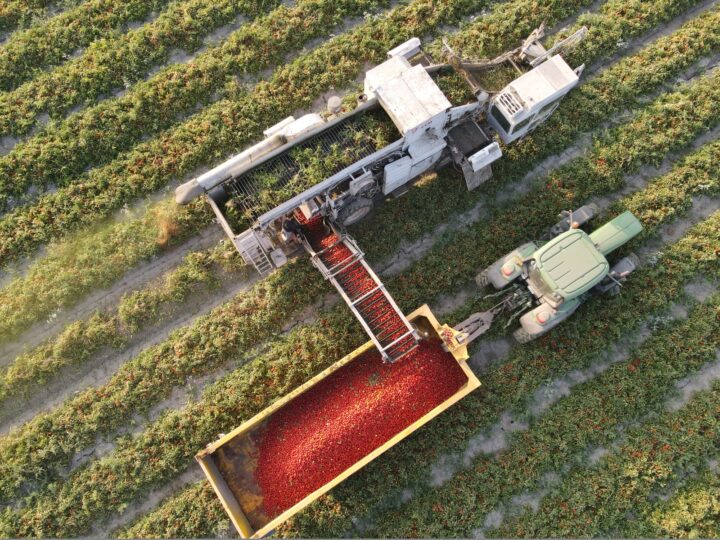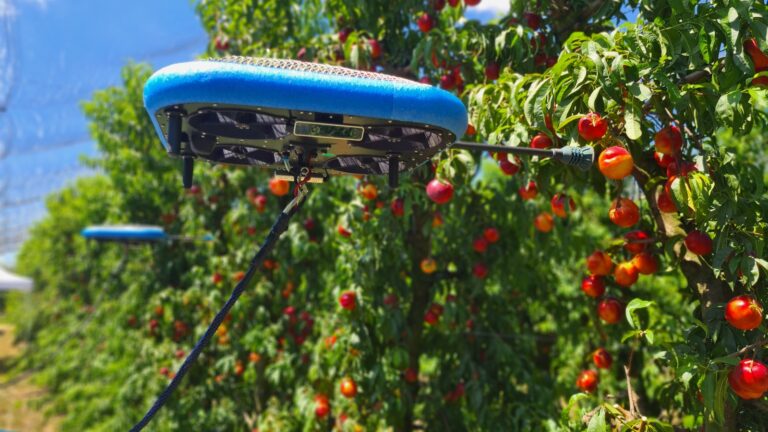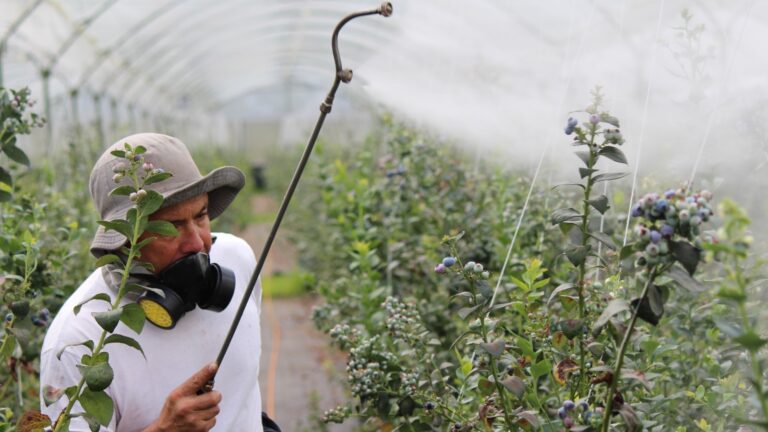
Robotics researchers at Ben-Gurion University of the Negev have received a $1.3 million grant to develop intelligent sensing and manipulation algorithms for robots that can zone in on the highest value crops to pick.
The project is part of “cRops” (Clever Robots for Crops), a European Union Seventh Framework program. cRops will develop the scientific know-how and several prototype systems to harvest greenhouse peppers, orchard fruits and premium wine grapes.
The highly configurable, modular platform system will consist of a robot transported on a carrier along with manipulators and “intelligent tools” — sensors, algorithms, sprayers and grippers — that can be adapted to new tasks and conditions.
The cRops robotic platform will be able to detect the fruit, sense its ripeness, and then move to grasp and softly detach only the ripe fruit. It will also be capable of targeted spraying during the growing process.
The math behind the robots
BGU’s role in the project will be to lead the development of intelligent sensing and manipulation algorithms.
“An agricultural robot must be equipped with intelligence so as to be able to robustly operate in the unstructured, dynamic and hostile agricultural environment,” explains BGU project leader Prof. Yael Edan of the department of industrial engineering and management.
“We are developing an autonomous robotic platform that will reliably and accurately judge which produce is ready for harvest, and skip the ones that aren’t.”
Because developing such a concept requires a strong multidisciplinary approach, the BGU team also includes Dr. Ohad Ben Shahar of the department of computer science, Dr. Amir Shapiro of the department of mechanical engineering, Dr. Sigal Berman of the department of industrial engineering and management and Prof. Helman Stern of the department of industrial engineering and management.
The cRops research grant consortium is coordinated by Wageningen University & Research Centre in the Netherlands. The other members include the University of Leuven and Case New Holland NV in Belgium; the University of Ljubljana in Vienna; UMEA University and the Swedish University of Agricultural Sciences in Sweden; Università degli Studi di Milano in Italy; CSIC Institute de Automatica Industrial in Madrid; Technical University Munich; the National Institute of Agricultural Research of Chile; Force-A, a spin-off company of the French National Research Centre; Festo, a German supplier of automation technology and pneumatic products; and Jentjens Machinetechniek, a Netherlands-based developer and manufacturer of machines and systems that automate assembly and production handling.















